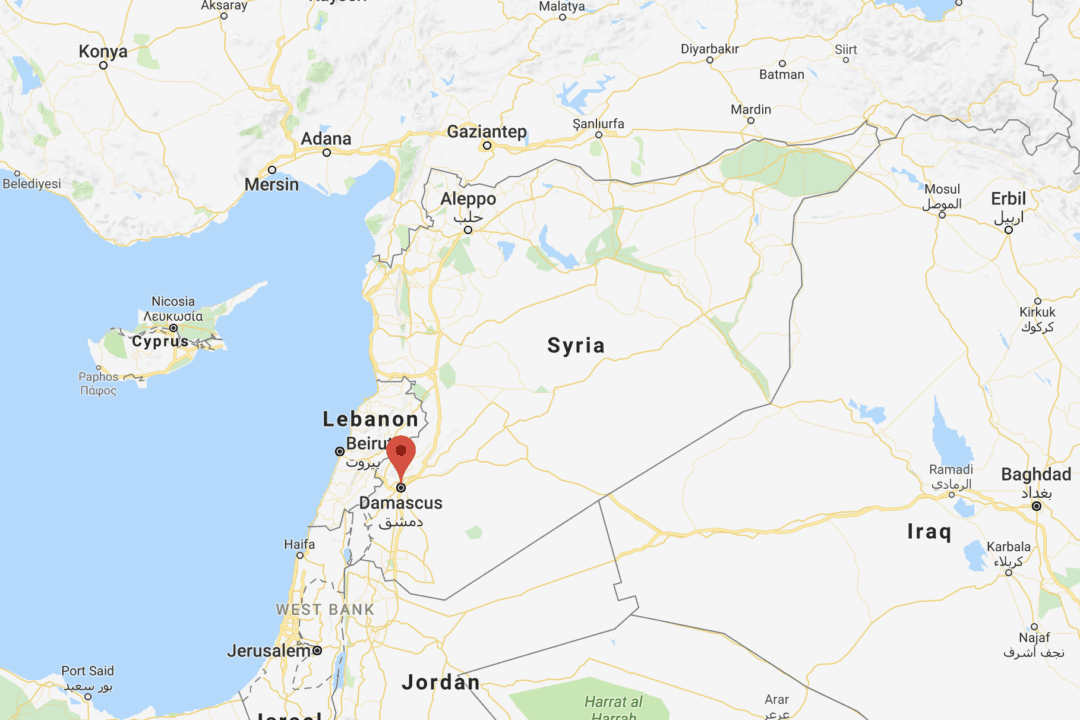The Israeli military announced that it was carrying out strikes targeting the Islamic Republic of Iran’s Quds forces in Syria on Jan. 21.
“We have started striking Iranian Quds targets in Syrian territory,” the Israeli Defense Forces (IDF) wrote on Twitter. “We warn the Syrian Armed Forces against attempting to harm Israeli forces or territory.”




